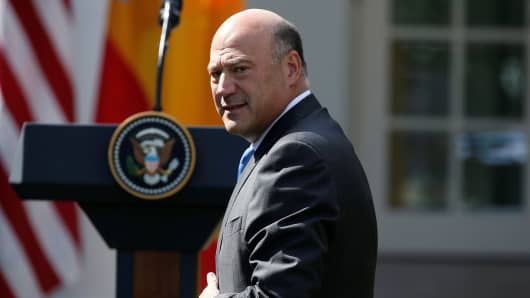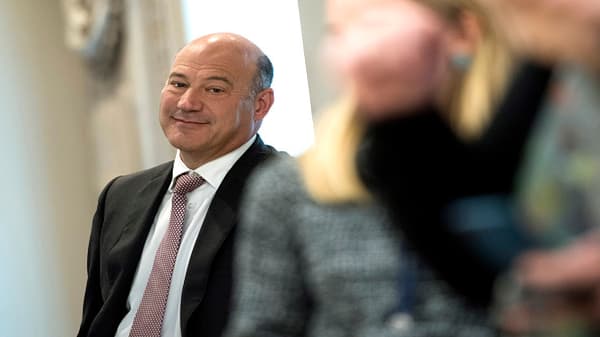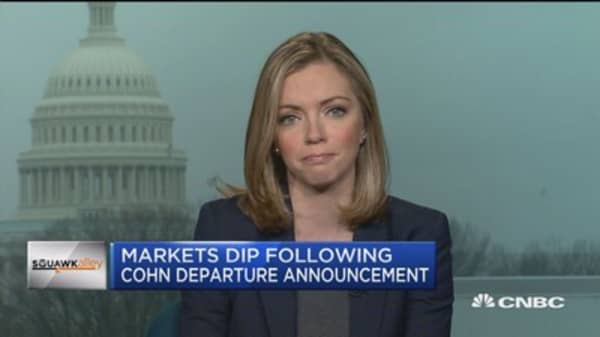After leaving U.S. Steel, he gained a strong reputation as a commodities trader. He quickly rose through the ranks at Goldman Sachs to become the number two executive in the hierarchy. Since approximately 40 percent of Goldman Sachs business comes from international sources, Cohn had broad knowledge of the workings of the global economy.
He also honed his skills as an investment banker, participating in some of the largest deals being negotiated in the United States and overseas. Personally, he was one of the first investors in the Industrial and Commercial Bank of China, the largest bank in the world. He sold this position when he joined government.
Everything in Cohn's background points to his knowledge of commodities, his ability to negotiate intricate deals and his understanding of how to operate large financial enterprises. He also knows China. There is no one in the administration with his unique knowledge base, experience and operating skills.
His departure from the White House leaves a vacuum. Undoubtedly the President is right, the United States must renegotiate its trade deals. It is unacceptable for this nation to have a trade deficit of this magnitude. However, if one were to select the member of the White House best suited to negotiate change in a fashion that would not infuriate the country's allies and trade partners, Cohn would have been that person.
This is not just because Cohn is an expert in these matters. It is because he talks the language of business leaders in this country and abroad. They were always comfortable sharing their most important ideas with him when he was at Goldman Sachs. That level of expertise in the White House is now no longer as freely available.
Cohn's resignation removes the indirect presence of the nation's business leaders from the White House. It isolates the president on economic matters as policies are being established that could result in higher inflation and erode many of the benefits of the tax cuts. This departure is a significant loss to the nation.





